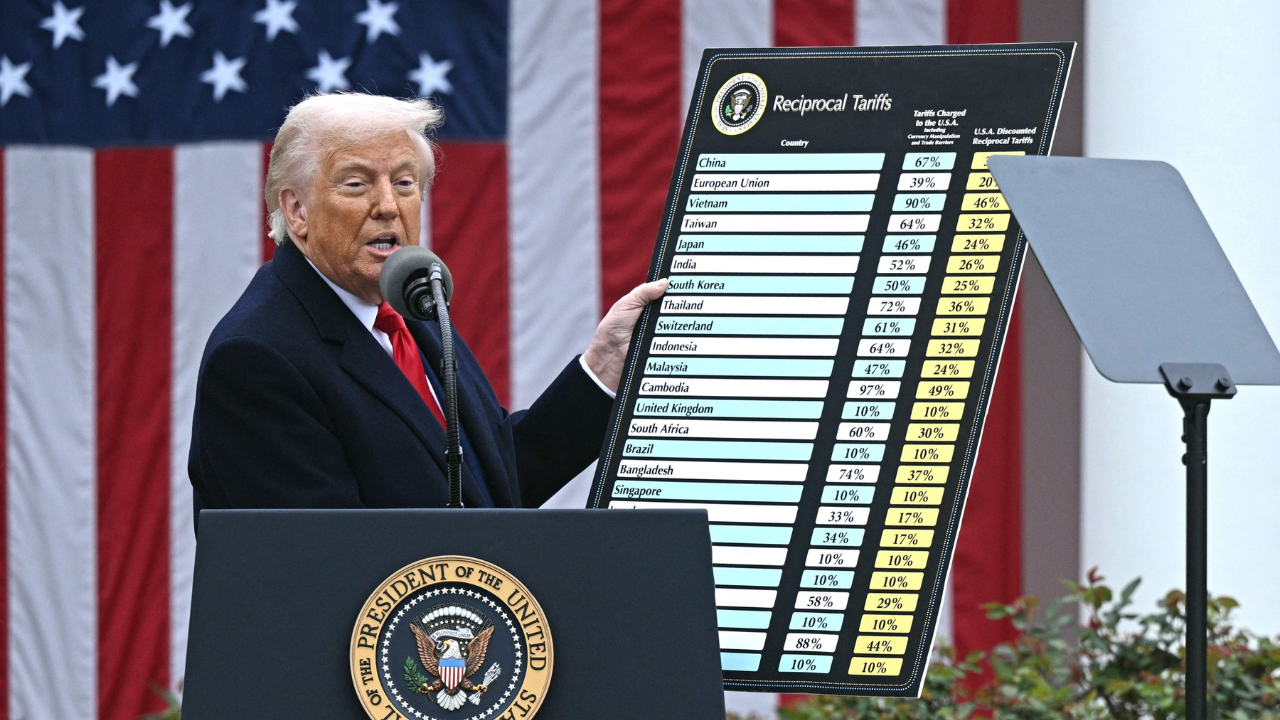A U.S. federal trade court has dealt a significant blow to former President Donald Trump’s expansive tariff policies by ruling that the tariffs exceeded his legal authority under existing law. The decision highlights the limits of executive power in trade policy and underscores the vital role of congressional oversight.
Background on the Tariffs
The tariffs, known as the “Liberation Day” tariffs, targeted imports from several countries including China, Mexico, and Canada. These tariffs were part of Trump’s broader strategy to tackle long-standing trade deficits and encourage domestic manufacturing by making imported goods more expensive.
However, the administration imposed these tariffs using the International Emergency Economic Powers Act (IEEPA), claiming that the large trade deficits constituted an “unusual and extraordinary threat” to the U.S. economy — a justification needed to invoke emergency powers.
Court’s Ruling
The U.S. Court of International Trade ruled against the administration’s use of IEEPA in this case. The court found that trade deficits alone do not qualify as the type of emergency threat that would allow the president to impose such sweeping tariffs without congressional approval.
In its ruling, the court emphasized that while the president has broad authority under certain national security provisions, using emergency powers to impose tariffs for economic reasons oversteps constitutional boundaries. This decision restricts the executive branch’s ability to act unilaterally in matters of trade without the explicit backing of Congress.
Implications for Trade Policy
The ruling does not impact other tariffs imposed under different legal bases, such as those related to national security concerns under Section 232 of the Trade Expansion Act. However, it sets a clear precedent on the limits of executive power in trade policy.
The Trump administration has indicated plans to appeal the decision, reflecting ongoing tensions about the balance of trade power between the executive branch and Congress.
Legal experts say the case could encourage Congress to clarify the scope of presidential authority in trade matters, possibly by passing new legislation. The ruling also signals to future administrations that broad economic tariffs require congressional cooperation and cannot be unilaterally enacted via emergency powers.
Economic and Political Effects
This legal setback could complicate U.S. trade negotiations with foreign partners, as it restricts the executive branch’s toolkit for imposing tariffs as leverage. Businesses and investors reacted positively to the news, as uncertainty around sudden tariff impositions can disrupt supply chains and markets.
According to the U.S. International Trade Administration, trade policies significantly impact the global economy and require a balance of legislative and executive action to maintain fair trade practices.
What’s Next?
The Department of Commerce and the Office of the U.S. Trade Representative (USTR) oversee tariff implementation and trade negotiations. Both agencies will have to navigate this ruling carefully to ensure that future trade policies comply with legal standards.
For more information on trade laws and executive authority, you can visit:
- U.S. International Trade Administration: www.trade.gov
- Office of the United States Trade Representative: ustr.gov


